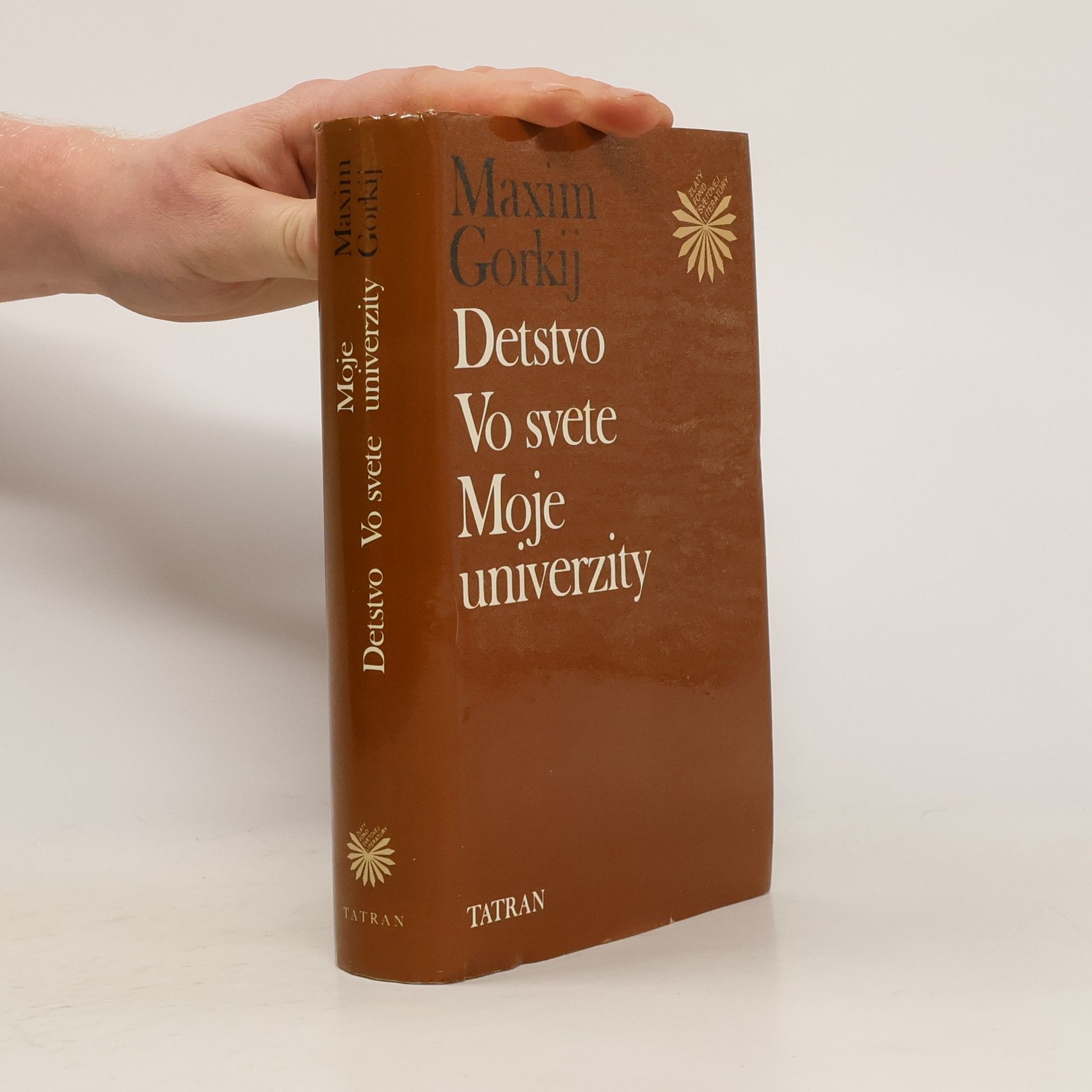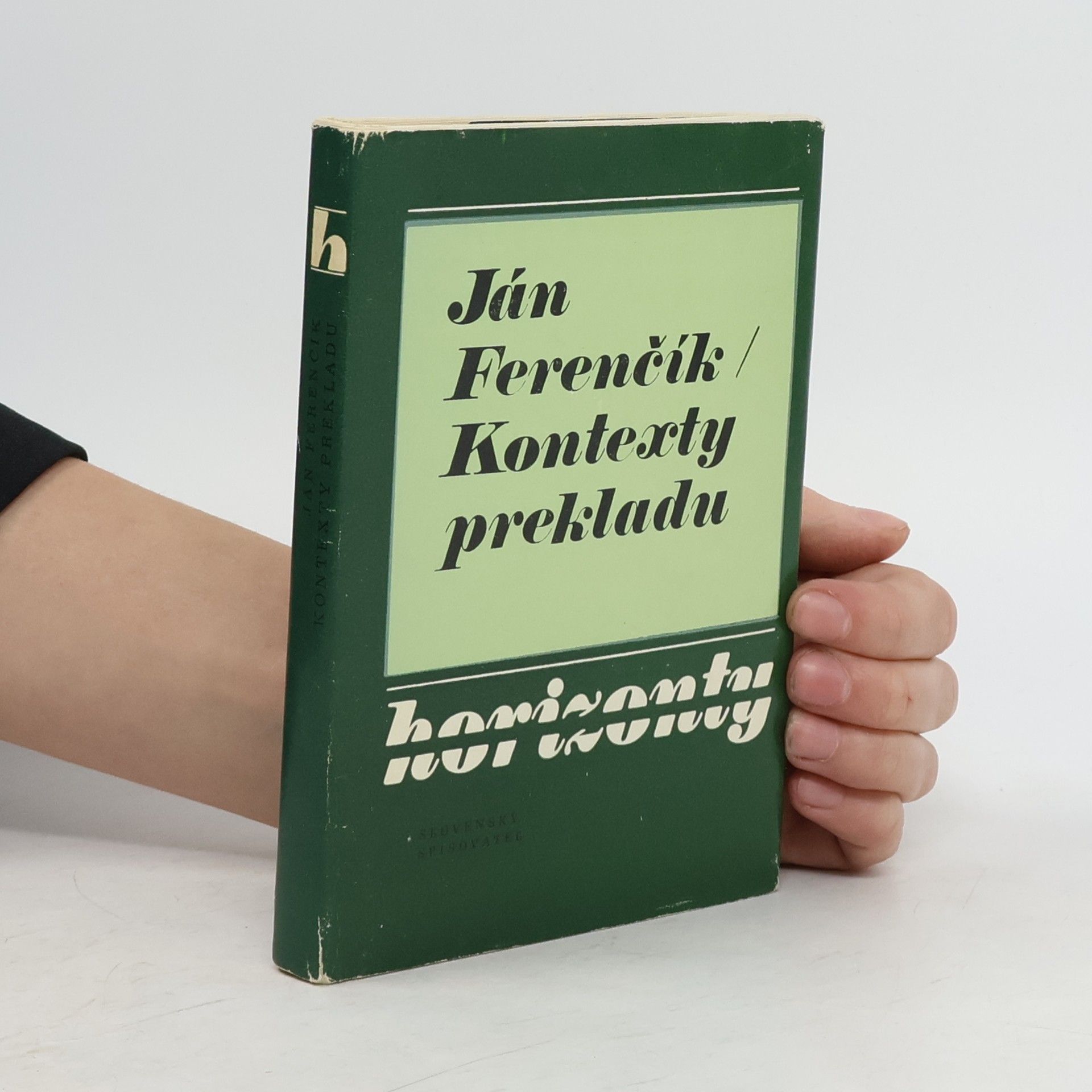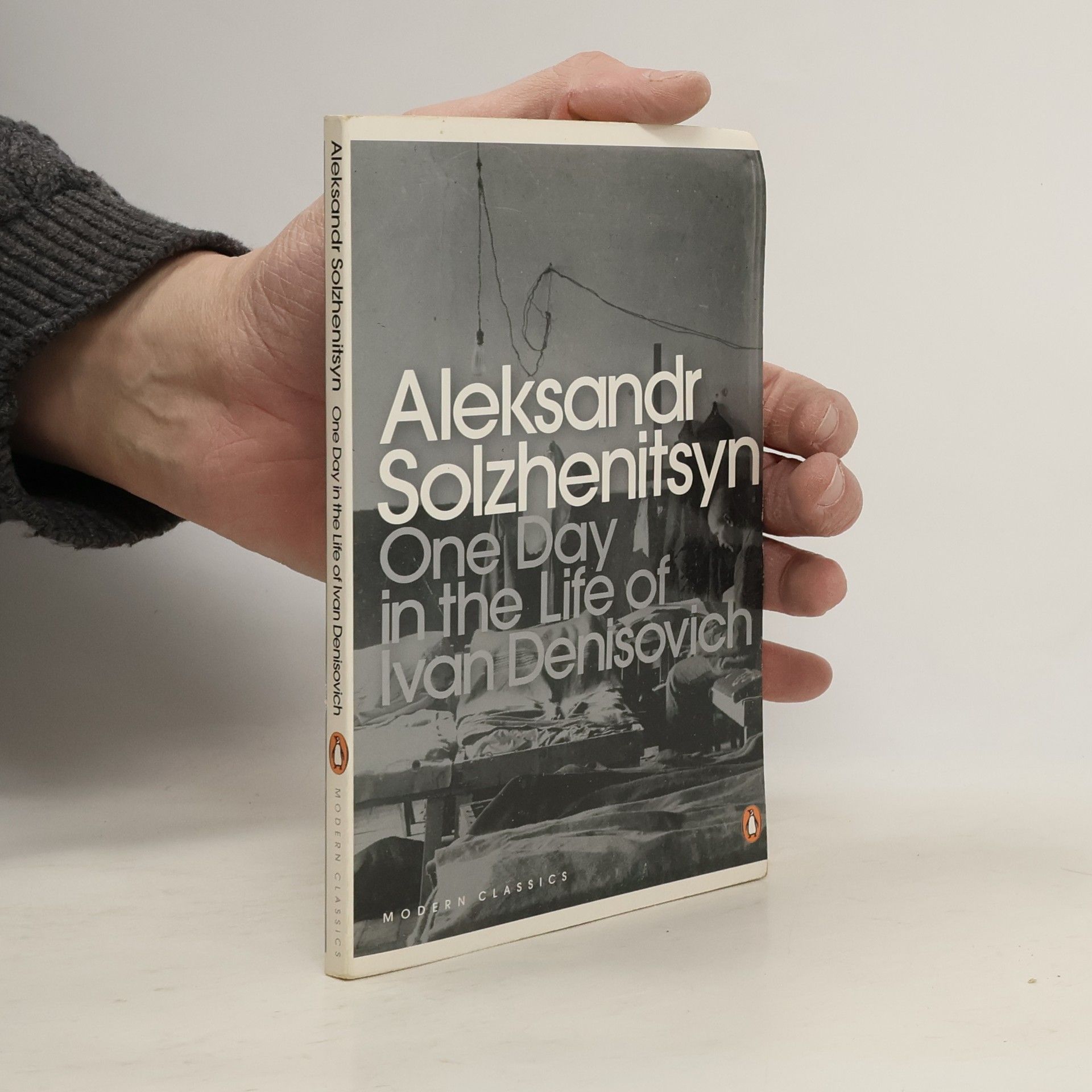The Little Golden Calf
- 445bladzijden
- 16 uur lezen
The funniest novel of the Soviet era, this translation is based on the uncensored original thus restoring missing passages. Set during the New Economic Policy, con man Ostap Bender and his merry band of mischief makers set of on a raucously funny jaunt across the 'wild west' of the early Soviet Union. Their mark is Alexander Koreiko, another shady figure who exploited the corruption and chaos of the NEP to become an underground millionaire. Once Bender hears of Koreiko, the chase is on.





